Finn Ní Fhaoláin is a marine scientist, speaker, cook and cookbook author. She holds a BSc in Earth and Ocean Science, an MSc in Marine Biology and a Certificate in Culinary Arts. In 2017, she released her bestselling cookbook with Gill Books and received a McKenna Award for Milish, the zero waste gluten-free business that she created in 2019. Here, she shares her top tips for a more sustainable home kitchen.
“For many of us, working from home is the new norm. A very interesting side effect is that we’re face to face with our true waste for the first time. All across Ireland, we’re seeing a massive spike in household waste. While many would be horrified by this, I think it’s a blessing in disguise. All of our meals are being produced at home, with less takeaway coffee or dinners. We are seeing the waste that comes from each meal. Something that’s hidden from us when we’re purchasing in cafés and restaurants, or when we throw away packaging at the office.
So I say, lean into it! Take stock of your pantry, scrutinise that grocery list and let’s see where changes can be made. Not only will it be good for your pocket, but it is great for the planet too! Without further ado, here are my top tips for a more sustainable kitchen.
1. Plastic vs. everything else.
Shop loose first (think bread, fruit and veg; you can BYO bag for these if possible), then glass jars (since you can use these for storage containers), then tin (it’s infinitely recyclable), then cardboard/paper (recyclable or can be used for gardening etc). Think of plastic as a last resort! Many types of soft plastics are not recyclable in Ireland and unlike glass or tin, plastic has only one, maximum two more times when it can be viably recycled.
2. Clever composting.
Use old newspapers instead of expensive biodegradable bags for your countertop compost bin (bonus point, have a countertop compost bit that then goes into a garden compost or the little brown bin).
3. Grow a garden.
Use old egg cartons to start your windowsill garden — things like scallions and garlic can be grown directly from the offcuts of what you’re already buying as part of your groceries.
4. Sustainable shopping.
Shop sustainably for your delph and cutlery. Most of mine comes from thrift shops for next to nothing. I don’t mind that things aren’t a perfect set, but chose a colour scheme of pale pink, pale grey and white so everything still “matches”.
5. Love your boards.
If you’re choosing wooden over plastic for things like chopping boards, show them some love! I treat mine once a month with an olive oil and lemon mixture (antibacterial and stops the wood from drying out).
6. Clean green.
My favourite brand is Lily’s Eco Clean, as they’re a small Irish company and their products can be refilled at the local health food store/bulk shop, making them more affordable than traditional products. I have the dish soap and the multi-purpose cleaner, and I make my own glass cleaner (1 cup water, 1 cup white vinegar, 5-10 drops essential oils, e.g. eucalyptus and lavender).
7. Swap it out.
I never use tea towels; instead, just cut old clean cotton T-shirts into squares and have a bag of them hanging under the sink. Great for spills, but also for cleaning glass or dusting.
8. Love thy freezer.
It’s been said a million ways, but I’ll say it again. Bulk cook and freeze in portioned containers (you can use all those glass jars you’re now accumulating, as long as you only fill them three-quarters full). Only do this for food you love and will eat — don’t do it with anything you didn’t like that much that will just lurk in your freezer for months to come.
9. Ditch the cling film!
Fun fact: I once ran an entire industrial kitchen with no cling film and very little tin foil. So I guarantee you can do it too! Check out my recipe on www.saltwaterstories.me for an easy-to-make and affordable beeswax wrap (to replace cling film) and get in the habit of soaking and reusing glass jars to store things.
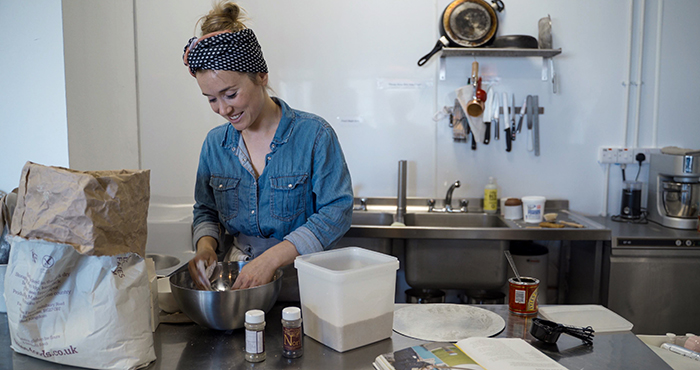
10. Plant-based eating.
There are many stats on plant-based eating. I don’t need to throw them at you, I’m sure you’ve heard. Swapping to even just a few plant-based meals per week is the single greatest thing you can do to make your kitchen more sustainable. To give you an example, last year alone (I did some rough calculations on it) plant-based eating had nearly four times more impact on reducing my carbon footprint than all of the other changes I made combined, including my commute, international travel and energy use. Wow. Just wow.
11. Conscious cup.
Did you know that most teabags are sealed with a plastic glue. Say what?! Opt for loose leaf tea for a plastic-free (and far superior) cuppa. For coffee fiends such as myself, who’ve given into a capsule machine, there is a hoard of companies now doing completely compostable pods using Fairtrade coffee! For coffee beans, I am forever in love with Calendar Coffee: top tier ethical practices, charitable donations and the best coffee I’ve ever had.
12. Second hand appliances.
We’ve all baulked at the price of a food processor or lusted after a milk frother. With prices in the hundreds to thousands, big ticket kitchen items are often more aspirational than attainable. But with sites like DoneDeal and Facebook marketplace, you can find the blender of your dreams at a fraction of the price — your dream is someone else’s unwanted wedding gift. Real life example? I hate juicing, and made someone very happy when I got rid of mine. For free. Meanwhile, I’m still jonesing for that milk frother.”
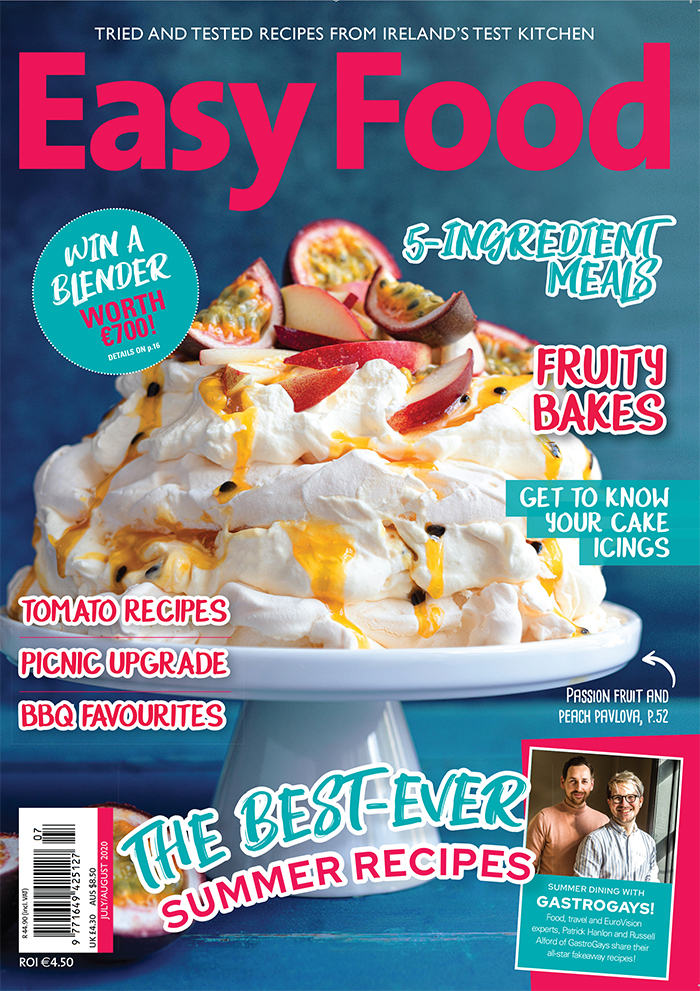
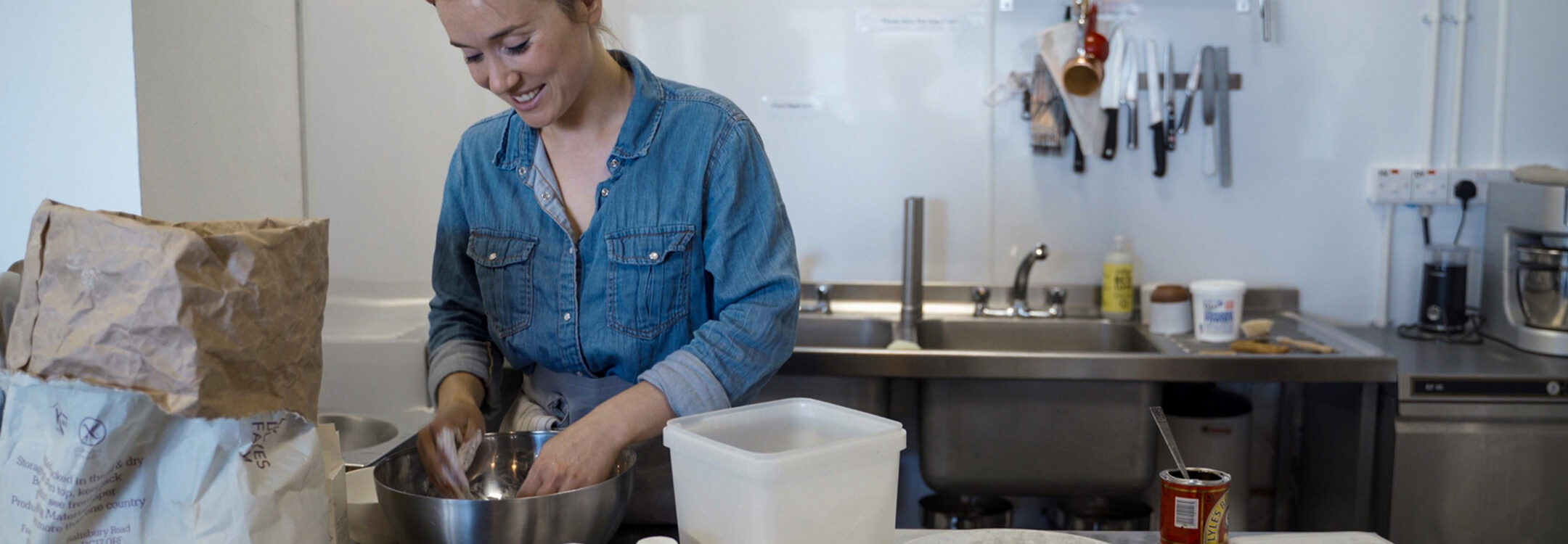
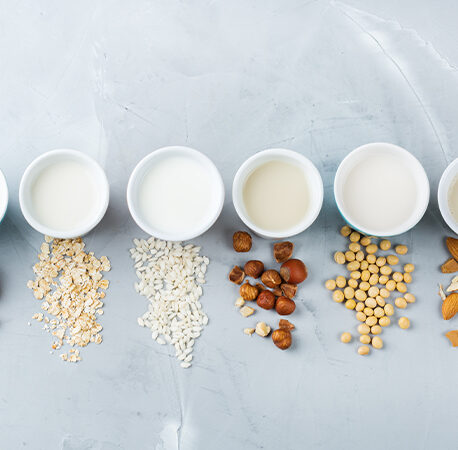
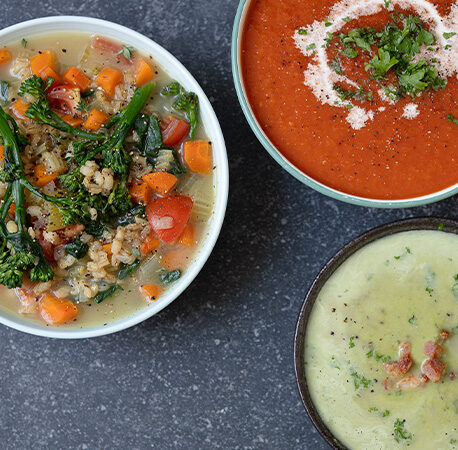
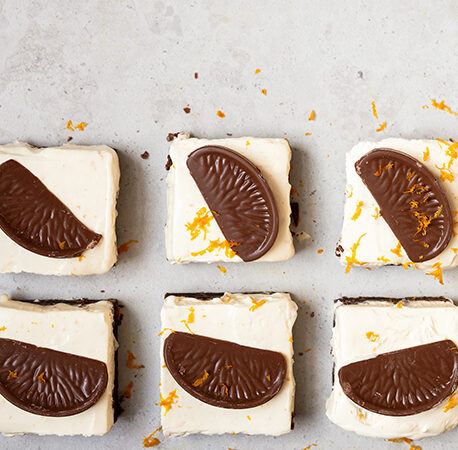
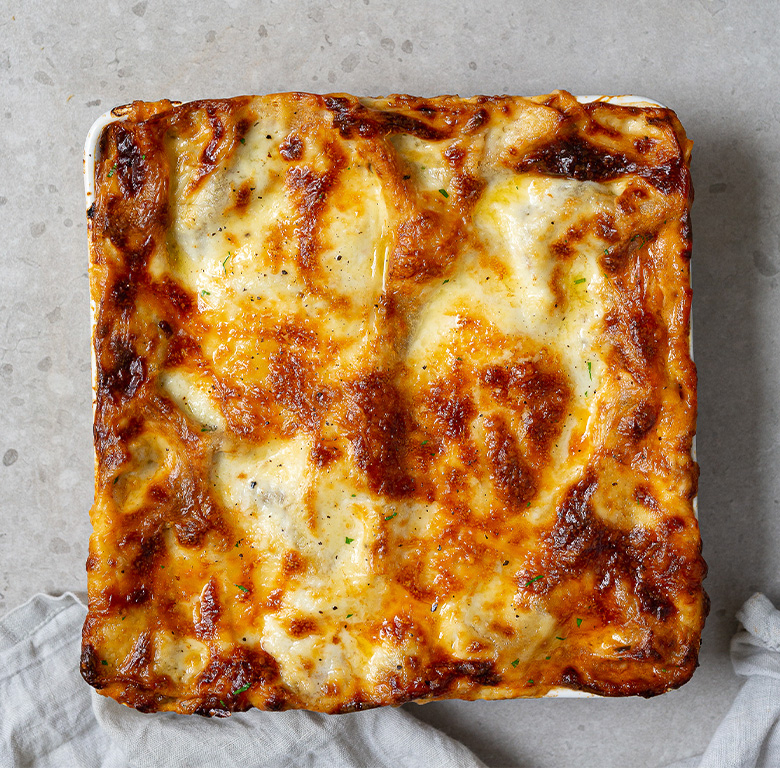
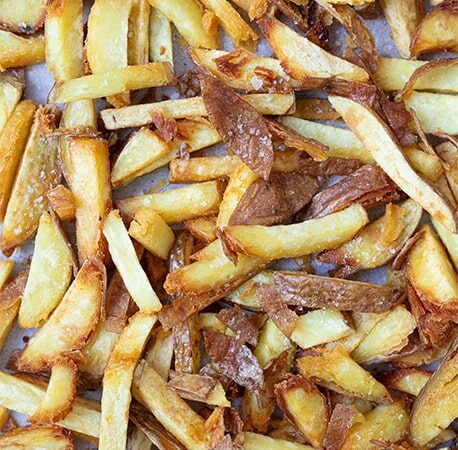
You have to be signed in to comment this post.